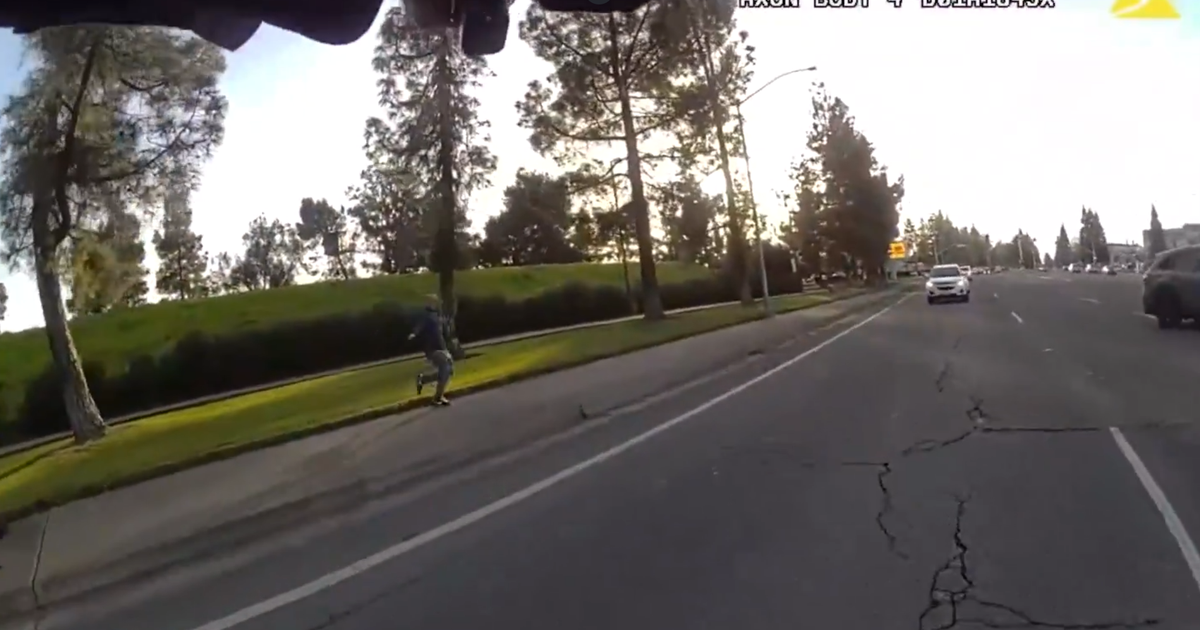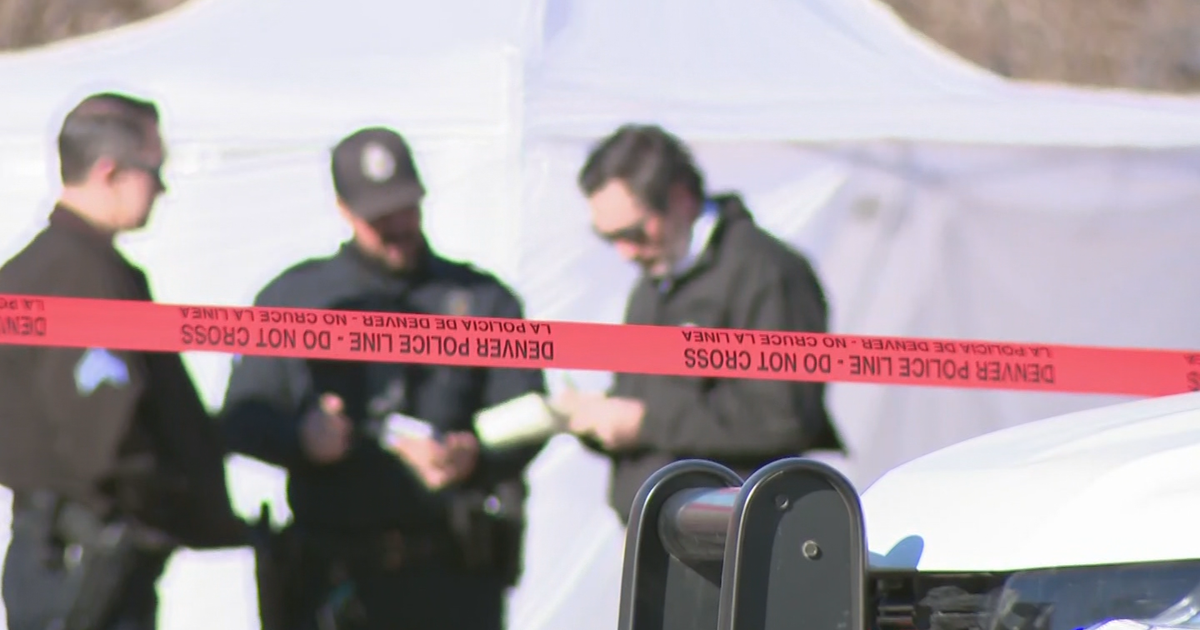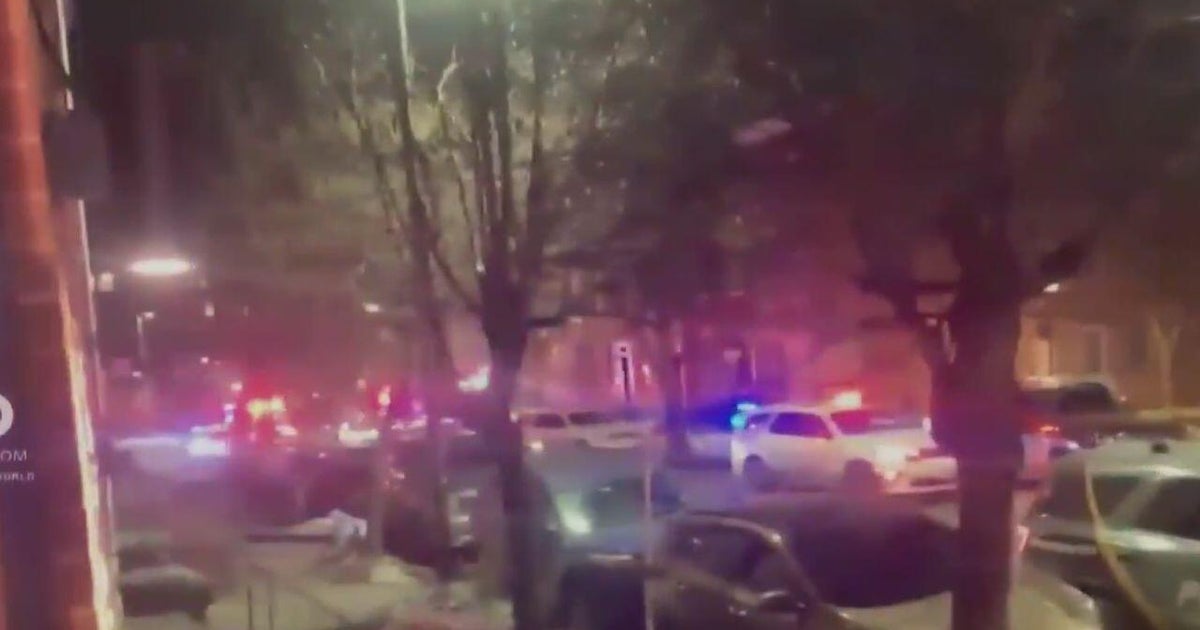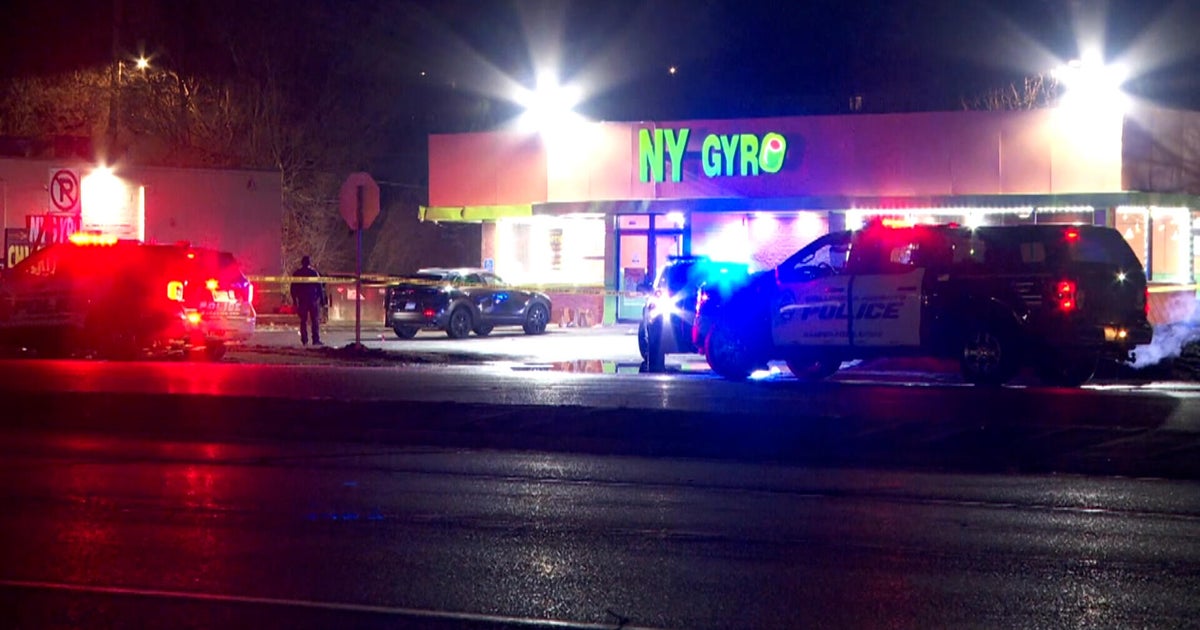Former CPD officer, now psychologist, helps others process grief
CHICAGO (CBS) -- Grief is compounding for the Chicago Police Department.
Areanah Preston is the second officer the department lost this year. In March, Officer Andres Mauricio Vasquez Lasso was shot and killed while responding to a domestic violence call.
CBS 2's Noel Brennan spoke with an expert who understands better than most - the trauma officers deal with on the job.
"We're here today to announce charges in the tragic murder of our fallen hero, Officer Areanah Preston."
From the top down, the Chicago Police Department can't hide its pain.
"These charges won't bring Areanah back, but at least it'll put us on a journey to get over this loss, as if we'll ever get over the loss."
Officer Preston is the second Chicago police officer shot and killed since March.
"Every client that I've seen, this has been a topic since this has happened."
Doctor Carrie Steiner talks about the shootings daily, as a clinical psychologist who works exclusively with first responders.
"We do usually see an uptick in people reaching out for help. I think in the very beginning, usually people are numb, and they just feel like I should be able to handle this on my own," said Steiner, who studied trauma and lived through it as a Chicago police officer.
"When I was a police officer, I did see officers shot. I was shot at. So, it brings me back to those times and how close calls I had. So, there's five things that happen when people are exposed to a lot of trauma, and one of that is that you get desensitized. You start lacking empathy," Steiner said. "You start feeling numb, and you internalize by developing anxiety, depression, PTSD or you externalize, and you can drink alcohol, gamble and things like that."
She said the trauma of losing a colleague can worsen an officer's worries at work.
"These are the types of incidents that happen where you do have that second guess and you're like, 'oh wow, this really could happen, and I could be killed,'" noted Steiner. "She was a beloved daughter, sister and friend who wanted to make a difference in this world."
An entire department is reminded, yet again, of the risk officers face every day.
"I'd like to take this time to ask that everyone keeps this officer and all the responding officers that day in your prayers as they process the trauma that they experienced."
Dr. Steiner said the average person may see one to five critical incidents in their lives. Think about an unexpected death, a house fire or home invasion. Police officers see a lifetime's worth of critical incidents every single month.







